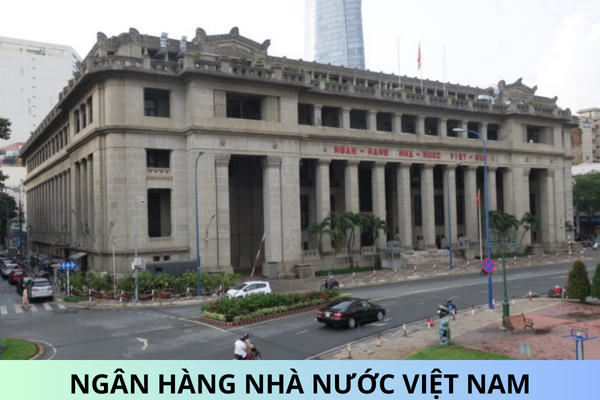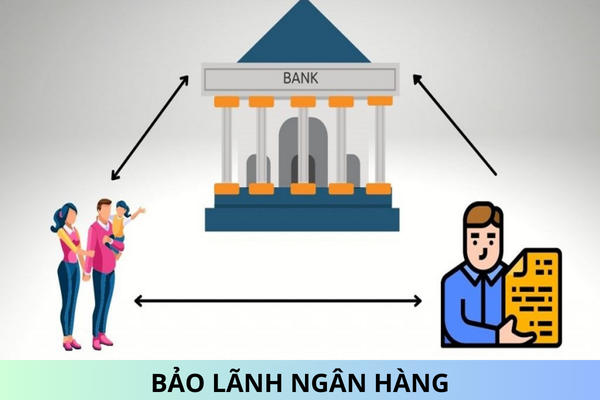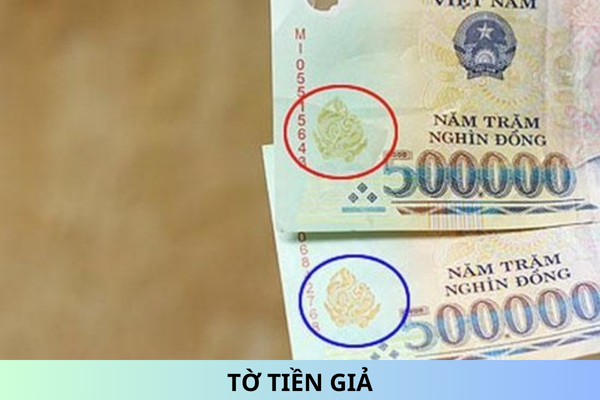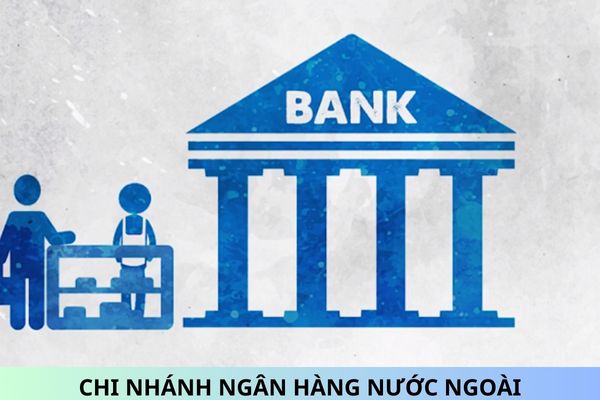Issuance of Circular 07 on payment agent activities in Vietnam
What regulations are included in the Circular 07 on payment agent activities in Vietnam? What is payment agent activity in Vietnam? What are the principles for carrying out payment agent activities in Vietnam?
Issuance of Circular 07 on payment agent activities in Vietnam
On June 21, 2024, the Governor of the State Bank of Vietnam issued Circular 07/2024/TT-NHNN, which regulates payment agent activities.
According to Circular 07/2024/TT-NHNN, the regulation applies to payment agent activities conducted in Vietnamese dong within the territory of Vietnam.
The entities subject to this regulation include:
- Commercial banks.
- Cooperative banks.
- Branches of foreign banks.
- People's credit funds.
- Microfinance institutions.
- Other non-credit organizations and branches of foreign banks involved in payment agent activities.
Issuance of Circular 07 on payment agent activities in Vietnam - image from internet
What is payment agent activity in Vietnam?
According to Article 3 of Circular 07/2024/TT-NHNN, the regulation on payment agent activities is explained as follows:
Explanation of terms:
In this Circular, the following terms are understood as follows:
1. Payment agent activity refers to the act of the principal authorizing the payment agent to carry out part of the procedure for opening payment accounts, issuing bank cards, and providing payment services to customers.
2. Principal refers to commercial banks, cooperative banks, branches of foreign banks (referred to as the principal).
3. Payment agent refers to commercial banks, cooperative banks, branches of foreign banks, people's credit funds, microfinance institutions, and other organizations (referred to as the payment agent).
4. Payment agent location refers to the place where the payment agent activities of the payment agent are conducted.
The payment agent location of another organization must be the business location of the payment agent or a branch of the payment agent.
5. Payment agent contract refers to the agreement between the principal and the payment agent regarding the implementation of part of the procedure for opening payment accounts, issuing bank cards, and providing payment services to customers.
6. Payment agent fee refers to the amount of money that the principal pays to the payment agent for carrying out the assigned activities, agreed upon by both parties and in accordance with the provisions of the law.
Therefore, payment agent activity is the act of the principal authorizing the payment agent to carry out part of the procedure for opening payment accounts, issuing bank cards, and providing payment services to customers.
What are the principles for carrying out payment agent activities in Vietnam?
According to Article 7 of Circular 07/2024/TT-NHNN, the principles for implementing payment agent activities are regulated as follows:
- Payment agent activities must be established through a written contract between the principal and the payment agent, in accordance with the provisions of this Circular and other relevant laws.
- The principal assigns the payment agent to carry out transactions according to the regulations and in accordance with the content stated in the Establishment and Operation License or the Establishment License or the Decision on organization and operation issued by the competent authority, as well as any amendments or supplements to the License or Decision (if applicable). If the payment agent is a credit institution or a branch of a foreign bank.
- The payment agent is not allowed to further delegate the agency to a third party.
- When carrying out the transactions specified in Clause 3, Article 4 of this Circular, a payment agent that is a different organization must open and maintain a payment account at the principal to carry out the assigned transactions within the balance agreed upon by the principal and the payment agent. This payment account must be separate from other accounts serving the payment agent's other activities or purposes opened at the principal.
- The principal collects fees from customers through the payment agent based on the fee rates determined by the principal for each period. The principal and the payment agent are not allowed to collect any additional fees outside of the prescribed fees determined and publicly announced by the principal.
- The fee schedule of the principal must clearly state the types of fees, the applicable fee rates for each type of service, in compliance with the provisions of the law, and be publicly posted at the payment agent locations and on the payment agent's website (if available).
The principal and the payment agent must commit to ensuring the confidentiality of customer information in accordance with the provisions of the Law on Credit Institutions, guiding documents, and relevant laws and regulations.
- The principal is allowed to enter into payment agent contracts with other organizations nationwide.
The number of payment agent locations of other organizations must ensure that the number of payment agent locations in district-level areas (excluding districts, towns, and cities under provincial administration, and cities under central authority) in provinces and centrally-administered cities accounts for over 70% of the total number of payment agent locations of the principal.
- The number of payment agent locations as credit institutions or branches of foreign banks is determined by the principal based on the management capacity of the principal. The number of payment agent locations of credit institutions or branches of foreign banks is decided by the credit institution or branch of the foreign bank based on their network operations.











